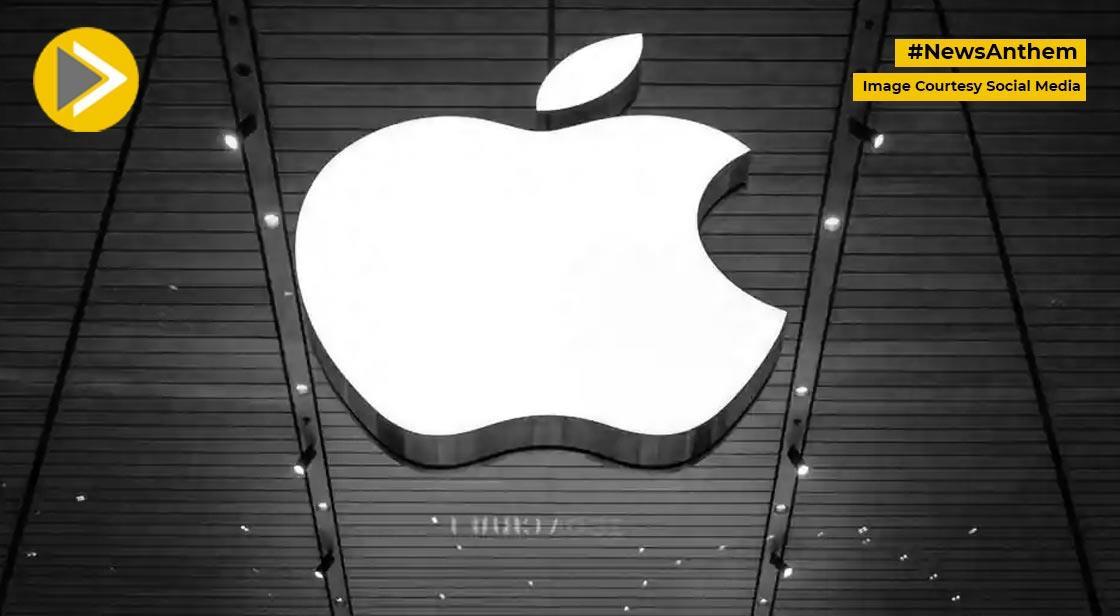Apple Co-Founder Steve Wozniak Sues YouTube Over Bitcoin Scam, Warns of Rising Deepfake Threat

News Synopsis
Apple co-founder Steve Wozniak has filed a lawsuit against YouTube, alleging the platform allowed a fraudulent video—misusing his likeness—to proliferate and defraud unsuspecting viewers.
Speaking to a News agency, Wozniak explained that scammers repurposed an old video of him discussing bitcoin and “put a nice frame around it with a Bitcoin address,” claiming they would double any amount sent. He called the scheme a blatant fraud.
Wozniak Targets YouTube for Enabling Bitcoin Fraud
Deepfake Scams: A Widening Digital Menace
Wozniak cautioned that similar scams are proliferating across the internet, targeting tech icons like Elon Musk and Jeff Bezos through deepfake tactics. The incident highlights the broader threat posed by AI-generated deception in online spaces.
Victims & Legal Battles
The scam came to light when Wozniak’s wife, Janet, received an email from a victim asking, “when are you gonna send me my money?” Some victims claimed to have lost their entire life savings. Wozniak emphasized that such acts constitute a crime and demanded accountability.
Despite widespread exposure, YouTube failed to act. Wozniak remarked, “We never got to YouTube; our lawyer has gotten to their lawyer, that’s all,” noting that multiple takedown requests went unanswered.
Legal Hurdles: Section 230’s Shield
Wozniak's lawsuit, filed in 2020, has languished for five years under the legal protections of Section 230 of the U.S. Communications Decency Act. He contends, “It says that anything gets posted, they have no liability at all. It’s totally absolute.”
On appeal, while most claims were deemed shielded by Section 230, the court allowed one specific claim to proceed: that YouTube's verification badges on hijacked channels materially contributed to the scam and might lie outside Section 230’s broad immunity.
From Internet Ideal to Exploitation
Reflecting on the evolution of the web, Wozniak lamented the shift away from the internet’s early promise of democratized information. “When the internet really began to be a public thing, it seemed to be there to democratise information … And then came the social web and Google. Google had to make money. And the only way to make money is tracking you and selling it to advertisers.”
He added a stark warning: “There’s not enough real… muscle to fight” online scams, especially those using cryptocurrency and AI deception. He underscored that despite his longstanding reputation, his voice alone hasn't carried enough weight in driving change.
About Apple co-founder Steve Wozniak
Stephen "Steve" Wozniak, affectionately known as "Woz," is a legendary American electronics engineer, programmer, and technology entrepreneur. He is best known as the co-founder of Apple Computer (now Apple Inc.) alongside Steve Jobs and Ronald Wayne. While Jobs was the marketing and business visionary, Wozniak was the technical genius and inventor who designed the company's first groundbreaking computers.
The Architect of Early Apple
Wozniak's passion for electronics began in his youth, and he was known for his love of both engineering and practical jokes. This passion culminated in his creation of the Apple I and Apple II personal computers.
-
The Apple I (1976): Wozniak's initial design was a single-board computer, which he originally intended to give away for free to fellow members of the Homebrew Computer Club. However, Steve Jobs convinced him of its commercial potential. They co-founded Apple to sell the assembled circuit boards, marking the company's official beginning.
-
The Apple II (1977): The Apple II was Wozniak's masterpiece and the machine that truly launched the personal computer revolution. It was one of the first highly successful mass-produced microcomputers, featuring color graphics, a keyboard, and a user-friendly plastic case. The Apple II's design made it accessible to a wide audience and cemented Apple's place as a major player in the tech industry.
Life After Apple
Wozniak permanently left his full-time role at Apple in 1985, though he has remained an employee and a consultant, maintaining a financial stake in the company. Since then, he has dedicated his life to a diverse range of ventures, focusing on education, philanthropy, and entrepreneurship.
-
Philanthropy and Education: Wozniak is a strong advocate for technology education. He has taught computer literacy to students and has been a key benefactor for institutions like the Children's Discovery Museum of San Jose. He also co-founded the Electronic Frontier Foundation (EFF), a non-profit organization dedicated to defending civil liberties in the digital world.
-
Other Ventures: He founded CL 9, which created the first programmable universal remote control, and a wireless GPS technology company called Wheels of Zeus. His most recent ventures include co-founding Efforce, a blockchain-based energy efficiency company.
-
Public Figure: Today, Wozniak is a beloved public speaker and author. He authored his autobiography, iWoz: From Computer Geek to Cult Icon – How I Invented the Personal Computer, Co-Founded Apple, and Had Fun Doing It, and often offers his perspectives on technology and Silicon Valley’s history through interviews and public speaking engagements at various conferences.
You May Like









